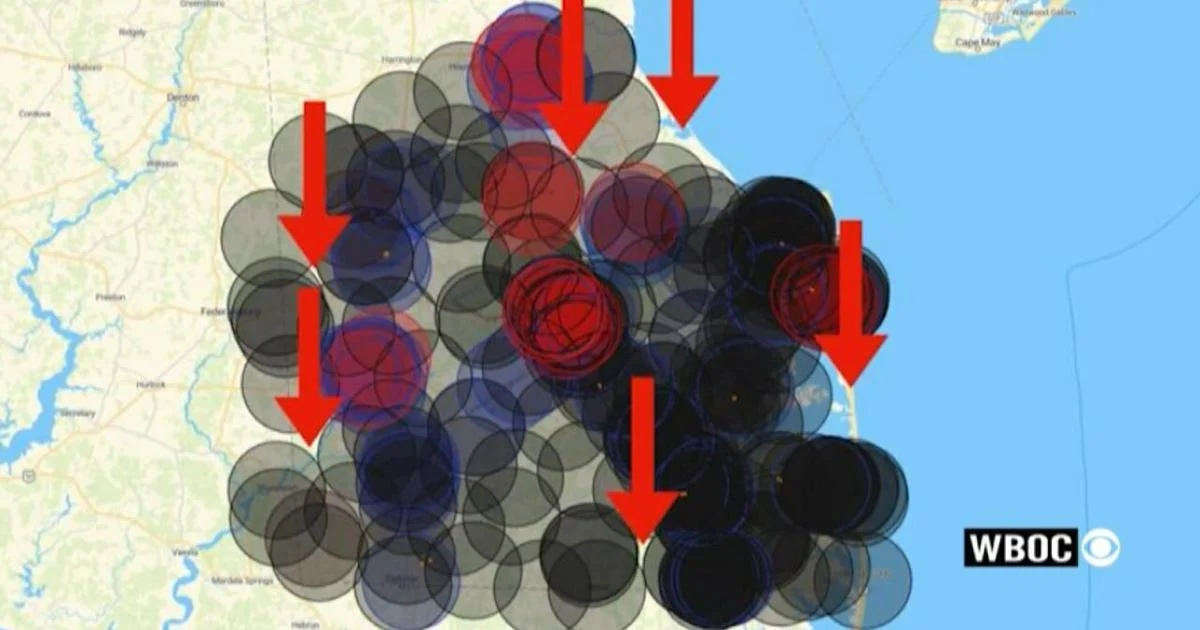The Missouri Supreme Court is deliberating on whether both cities and counties can impose a 3% sales tax on recreational cannabis sales. On Tuesday, the court reviewed arguments in a case initiated by Robust, a company operating cannabis dispensaries across Missouri, including in Florissant, located in north St. Louis County.
In April 2023, residents of both Florissant and St. Louis County voted to implement a 3% sales tax as permitted by the state’s marijuana legalization amendment. Subsequently, the Missouri Department of Revenue instructed Robust to collect an additional 6% tax on its cannabis sales in Florissant. In response, Robust filed a lawsuit, claiming that counties like St. Louis are restricted to levying their 3% tax only in unincorporated areas and not within municipalities such as Florissant.
A St. Louis County judge ruled against Robust, prompting the company to appeal. The crux of the argument lies in Article XIV of the constitutional amendment that legalized recreational cannabis in Missouri. It states that local governments can impose taxes based on whether the area is incorporated—referring to towns and cities—or unincorporated, meaning counties. Eric Walter, Robust’s attorney, argued that the amendment’s wording should be interpreted plainly. He contended that only one local government should have the authority to impose the 3% tax within a given jurisdiction.
Walter illustrated his point with a comparison to a high school graduation invitation, emphasizing clarity in governance. He stated, “There’s only supposed to be one local government, one boss, one master, dictating outcomes and imposing the 3% tax.”
Counterarguments were presented by attorneys representing St. Louis and St. Charles counties, who argued that both municipalities and counties can coexist and that the amendment allows any local government to vote on the tax. Laura Robb, an attorney with the St. Louis County counselor’s office, highlighted that the use of the term ‘any’ in the amendment suggests multiple local governments may impose the tax in the same area.
The counties further referenced a section in Article XIV that indicates a facility must adhere only to local ordinances from the governing body in its location. Robb argued that if cities were the only local governments in incorporated areas, then county health regulations would not apply, leading to potential absurdities in regulation.
Judge Kelly Broniec raised a concern regarding the definition of local government, noting the implications for dispensary bans. If both cities and counties can impose taxes, they must also have joint authority on matters such as banning dispensaries. “If one local government disallowed it and another allowed it, who would control that situation?” she questioned.
Data indicates that nearly 90 of Missouri’s 114 counties have authorized the additional tax, generating nearly $3 million in extra monthly revenue from customers. Jack Cardetti, a representative for the state’s cannabis trade association, cautioned that excessive taxation could drive consumers back to the illegal market, undermining the goals of legalization.
St. Charles County Executive Steve Ehlmann commented that the cannabis industry effectively invited counties to approve the tax, asserting that the primary motivation was to generate revenue from existing marijuana use rather than promoting legalization for societal improvement. Since the tax was approved in April 2023, St. Charles County has raised over $2.4 million, while St. Louis County holds more than $6 million, none of which has been allocated yet.
The Supreme Court’s decision will be issued at a later date, and a similar case in Buchanan County is on hold pending this ruling.




